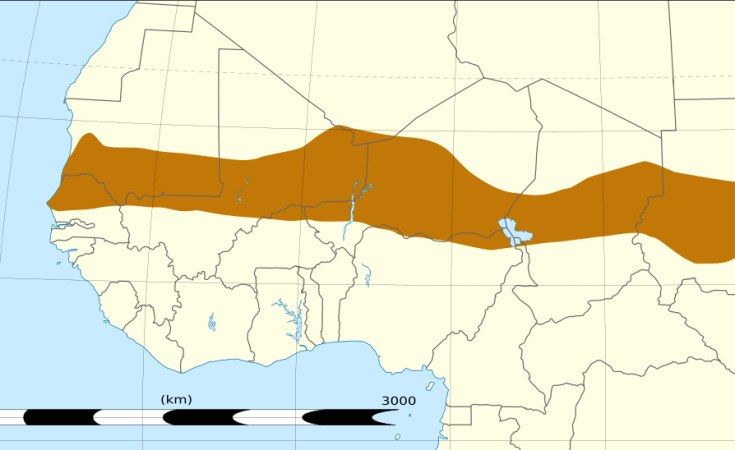Armies in Mali and Burkina Faso have killed more civilians than jihadi extremists. The ruling military juntas in the two countries in West Africa's Sahel region are unable to keep the peace.
The coup plotters in Mali and Burkina Faso came to power justifying their power grabs by citing the inability of the civilian authorities to restore security.
But the figures that DW has gathered show that the military's action has brought no results in this respect.
Worse still, the killing of civilians has increased, especially in Mali.
Attacks by rebel groups, jihadis or otherwise, have not decreased since the first coup in Mali on August 18, 2020. On the contrary, they have increased in 2021, with 689 deadly incidents, and at this rate the number could reach nearly 1,000 attacks this year.
Malian army violates human rights
In addition, 550 people have been killed in Mali since the beginning of the year in violence committed against civilians by the armed forces. This is more than the number of people killed by rebel groups.
The massacre in Moura was a major factor. The killings in this village, located between Mopti and Djenné in central Mali, took place over several days.
Human Rights Watch accused Malian soldiers and foreign fighters, probably Russian, of executing 300 civilians suspected of being jihadis. The massacre reportedly took place between March 27 and 31.
Mali isolates itself
The attacks come at a time when Mali has announced its withdrawal from the G5 Sahel , the five-member military alliance fighting jihadist insurgencies in the Sahel region of West Africa. The alliance now includes only Chad, Mauritania, Niger and Burkina Faso.
A statement by Mali's junta blamed a lack of progress in the fight against the jihadists and the failure to conduct recent meetings in Mali.
Mali's exit further isolates the country in the wake of sanctions imposed by the Economic Community of West African States (ECOWAS). The sanctions have affected the economy of the poverty-stricken country.
Dramatic situation in Burkina Faso
In Burkina Faso, the situation is also dramatic: The ruling military junta is powerless to stop jihadists from taking over the country. Deadly attacks have been multiplying since the January 23 coup.
The most recent massacre of civilians claimed some 50 lives on May 25 in the commune of Madjoari, in eastern Burkina Faso, near the border with Benin.
Several more deadly attacks on soldiers and civilians had previously occurred in Madjoari. Eleven soldiers were killed and 20 more were wounded in one such attack on May 19. Five days earlier, 17 people were killed and seven injured in an attack on civilians.
Since the military coup in Burkina Faso, nearly 700 attacks have taken place in the country, resulting in the death of more than 400 people, an increase of 40% compared to the same period last year.
Insecurity has thus increased and, according to the Armed Conflict Location & Event Data Project (ACLED), which collects data on conflicts, jihadists have "taken advantage of the break in the military chain of command" following Burkina Faso's January 23 coup.
For seven years, the northern and eastern regions of the country have been hit by attacks perpetrated by movements affiliated to al-Qaida and the so-called "Islamic State" group. In Burkina Faso alone, than 2,000 people have been killed and some 1.8 million displaced.


